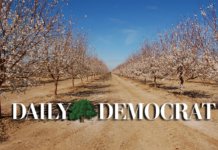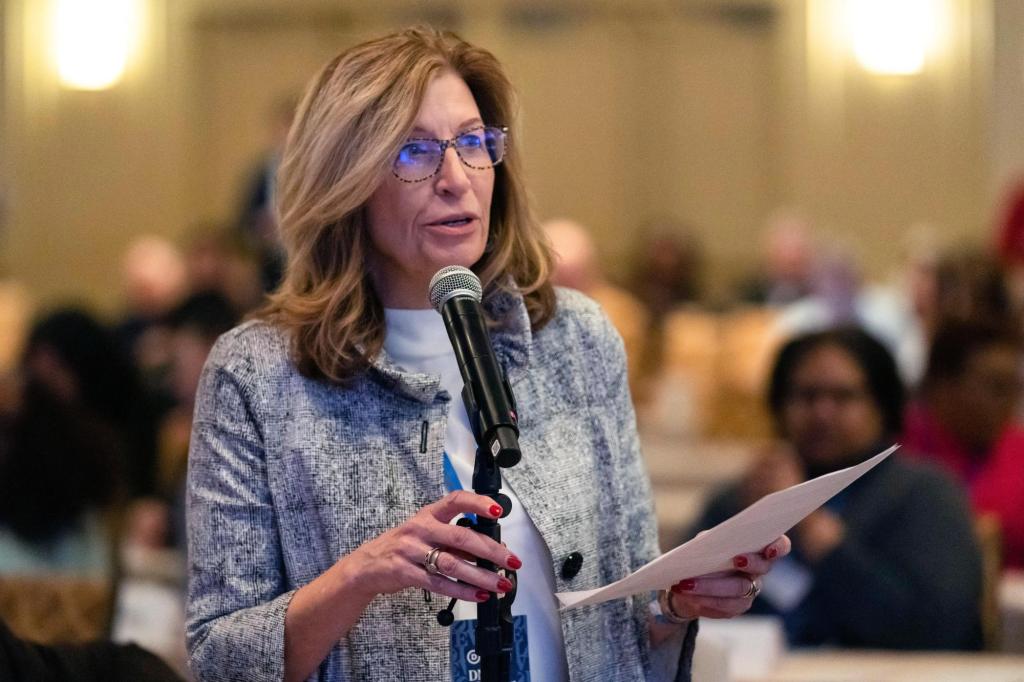As the landscape of American politics continues to evolve, the significance of the Iowa caucus remains a hot topic. With the 2024 election cycle reshaping traditional norms, Iowa Democrats are now questioning their role in the early nominating process. Why? Because just a few days before national party leaders convene for their summer meeting, state officials have voiced concerns about the decision to sideline Iowa in favor of South Carolina and other states. This article delves into the implications of this shift, the reactions from Iowa’s Democratic leaders, and what it means for the future of the party.
The Shift in the Nominating Calendar
In 2022, President Joe Biden initiated a major alteration to the primary calendar, positioning South Carolina ahead of Iowa, New Hampshire, and Nevada. This change marked the end of Iowa’s long-standing tradition as the first state to hold caucuses, a role it had maintained for over fifty years. The decision was largely influenced by the issues that marred the 2020 caucus, including reporting errors and logistical challenges.
As a result, Iowa Democrats are feeling the pressure to reclaim their status in the nomination process. Rita Hart, chair of the Iowa Democratic Party, emphasized that watching Republicans gain momentum in their state without a Democratic counter-narrative has been detrimental. She noted, “It was a big mistake in the Biden calendar… that did not help us here in Iowa and it did not help us long term for the national Democratic cause.”
Iowa Democrats’ Defiant Stance
In a bold move, Iowa Democrats are contemplating defiance against the national party’s directives for the 2028 election cycle. They aim to revitalize the caucus system, which they believe is crucial for engaging voters and fostering community involvement.
To gauge local sentiments, the Iowa Democratic Party has launched a survey to gather feedback from party members on the direction they want to take. This includes discussions about the traditional caucus format and potential barriers to participation.
So, what could this mean for the upcoming elections? As Hart pointed out, understanding the priorities of Iowa Democrats is crucial for shaping their strategies moving forward.
Preparing for Competition
While the Democratic National Committee (DNC) is expected to finalize the order of early voting states in the coming years, officials from Iowa and other early-voting states are already gearing up for the competition. Ken Martin, chair of the DNC, may soon announce the framework for states to present their cases, but Iowa finds itself at a disadvantage without representation on the DNC’s Rules and Bylaws Committee for the first time in 25 years.
Scott Brennan, a former chair of the Iowa Democratic Party, expressed frustration with the current situation, stating, “Full speed ahead and damn the DNC.” This sentiment encapsulates a growing urgency among Iowa Democrats to regain their voice and influence in the national dialogue.
Challenges Ahead for Iowa Caucus
As Iowa Democrats consider the logistics of reinstituting their first-in-the-nation caucus, they face several challenges. Historically, caucuses have required registered party members to gather in person, often during harsh winter conditions. This raises significant questions about accessibility and inclusivity, especially for those who may not be able to attend due to various constraints.
Will the party be able to adapt to modern expectations while preserving its traditional caucus format? That remains to be seen, but the current survey aims to address these crucial issues.
Candidates Making Moves
Meanwhile, potential candidates for the 2028 election are already making appearances in Iowa. From Minnesota Governor Tim Walz to Secretary of Transportation Pete Buttigieg, these visits signal a keen interest in reconnecting with voters in the state.
As the political landscape continues to shift, Iowa Democrats are determined to ensure that their voices are heard and that their role in the nominating process is not forgotten. The upcoming years will be pivotal in shaping the future of the party and its connection to the electorate.





















